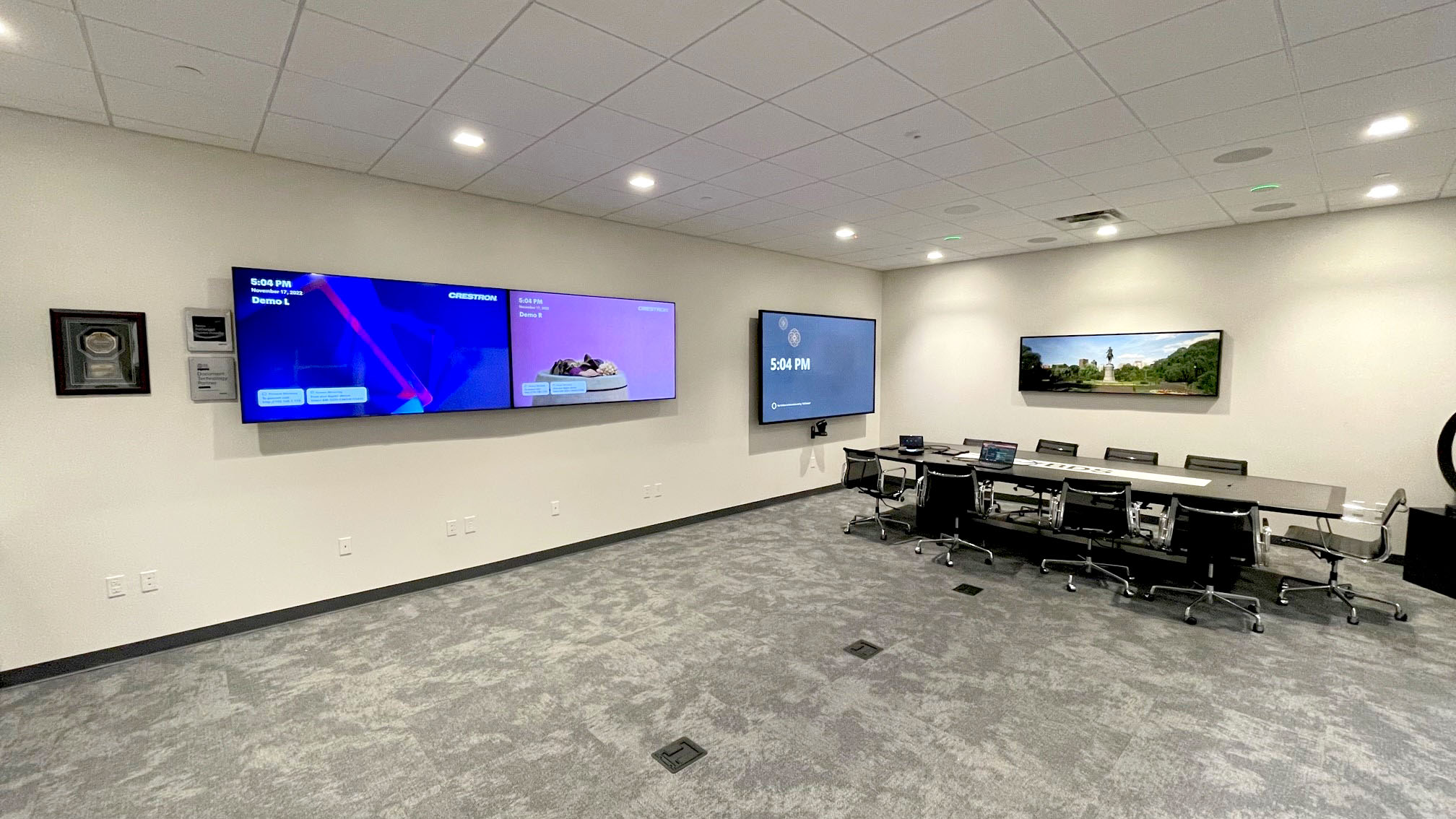The Ultimate Overview to Choosing the Right Audio Visual Services
The Ultimate Overview to Choosing the Right Audio Visual Services
Blog Article
Understanding the Principles of Event Production
The details of event production need a detailed understanding of a number of fundamental components, including the establishment of clear goals, careful budgeting, and critical location selection. Each element plays a pivotal function in the smooth implementation of an event, influencing every little thing from audience interaction to logistical efficiency. The technological elements of production and the characteristics of group sychronisation are equally important to attaining a natural outcome. As we explore these crucial factors, one need to consider exactly how they interrelate and impact the total success of an event. What strategies can be utilized to harmonize these components successfully?
Specifying Event Goals
Specifying occasion goals is an essential action in the occasion manufacturing process, acting as the foundation upon which all preparation and implementation are constructed. Clear purposes provide direction, guaranteeing that all stakeholders comprehend the occasion's objective and preferred outcomes. These purposes must be certain, quantifiable, possible, appropriate, and time-bound (SMART), which permits for effective assessment of success post-event.
Determining the target market is important fit the goals. Understanding their demographics, expectations, and passions makes it possible for event planners to tailor content and experiences that resonate with attendees. Additionally, straightening the objectives with more comprehensive organizational objectives fosters assistance from leadership and stakeholders, making sure that the event contributes to the general mission.
Engagement and communication are important components to think about when defining objectives, as they dramatically influence participant complete satisfaction. It is important to interact these objectives plainly to all group members entailed in the planning process. This clearness improves partnership, concentrating efforts on achieving a linked vision. By establishing well-defined purposes, event producers can produce an organized structure that guides decision-making and resource allotment, ultimately resulting in a successful event.
Budgeting for Success
Effective budgeting is vital for the successful manufacturing of any event, as it provides an economic framework that sustains all preparing activities. A well-structured spending plan permits occasion coordinators to designate sources efficiently, guaranteeing that every facet of the event is appropriately funded while minimizing the risk of overspending.
To produce an efficient budget plan, beginning by determining all potential costs, such as place costs, event catering, enjoyment, devices rentals, and advertising. It is important to categorize these expenses right into taken care of and variable prices, which assists in understanding which components are non-negotiable and which can be changed based upon financial restraints.
In addition, earnings resources should be identified early in the budgeting process. This consists of ticket sales, sponsorships, and product sales. By estimating possible earnings, coordinators can straighten their expenses as necessary, guaranteeing that the event stays monetarily practical.
Normal monitoring of the budget plan throughout the preparation procedure is important. This permits for changes to be made as needed, preserving financial self-control. Ultimately, a reliable spending plan not only safeguards versus unforeseen expenses yet also enhances the general quality and experience of the event, guaranteeing its success.
Venue Selection Techniques
Picking the ideal location is a critical element of successful event production, as it sets the stage for the general experience. The initial action in place option is to define the occasion's goals and target market, which will assist the choice of area and ability. Considerations such as availability, atmosphere, and readily available facilities must line up with the event's motif and function.
Following, evaluate the place's capacity to fit your expected variety of participants while guaranteeing comfort and interaction. It is vital to go to prospective locations in person to assess their format, facilities, and general charm. Additionally, analyze logistical elements including vehicle parking accessibility, public transport access, and any kind of restrictions that may influence the event.
Budget restraints are additionally vital; make certain that the location fits within financial specifications while offering necessary services. Contract settlements ought to be come close to with persistance, seeking openness regarding additional prices, termination policies, and liability coverage.
Finally, take into consideration the venue's credibility and previous performance for comparable occasions (Audio Visual Services). Involving with previous customers can offer valuable insights into the place's dependability and service quality, inevitably aiding in making an informed choice

Technical Manufacturing Aspects
Technical manufacturing elements serve as the backbone of any kind of event, guaranteeing that all sound, aesthetic, and lights components work harmoniously to create an immersive experience. These elements incorporate a variety of methods and technologies aimed at delivering material properly and engagingly.
Stereo are critical, including microphones, speakers, and mixing devices to ensure clear sound shipment. Premium sound is vital for preserving audience interaction, especially in larger locations. Aesthetic components consist of projection systems, LED displays, and video clip feeds, which enhance the aesthetic narrative of the occasion and support the overall theme.
Lights plays a crucial role in establishing the state of mind and directing audience focus. A properly designed illumination plan includes numerous techniques, such as limelights, home ambient lights, and shade cleans, to produce dynamic environments ideal for various sections of the occasion.
Additionally, technological manufacturing aspects require thorough preparation and assimilation. This consists of pre-event noise checks, video rehearsals, and illumination tests to resolve possible challenges prior to the occasion begins. Ultimately, a natural technological manufacturing strategy not just raises the occasion experience yet additionally reflects the professionalism and reliability and focus to detail that individuals anticipate.

Group Sychronisation and Roles
Successful event manufacturing hinges on smooth group coordination and plainly specified functions among all participants. For an occasion to run efficiently, each employee must comprehend their duties and how they contribute to the total vision. This starts with developing a thorough business structure that defines functions such as event manager, logistics planner, technical supervisor, and marketing expert. Each function carries details obligations that need to be performed along with each other.
Effective communication is important in this collective environment. Audio Visual Services. Regular conferences and updates ensure all employee are lined up and can adjust to any kind of changes or challenges that occur. Using task administration tools can promote this communication, permitting real-time updates and task monitoring
Moreover, fostering a culture of synergy is necessary. Urging cooperation amongst diverse ability not only improves analytic however also advertises a favorable working ambience. When employee feel valued and equipped, their productivity increases, ultimately bring about a much more successful event.
Final Thought
To conclude, an extensive understanding of event production includes defining clear goals, developing a robust budget plan, choosing a suitable venue, taking care of technological manufacturing elements, and ensuring effective group coordination. Each part plays a crucial duty in the overall success of an event. By diligently resolving these principles, occasion organizers can improve the attendee experience, enhance resources, and achieve desired results, thus adding to the event's total effectiveness and impact within the desired target market.
The complexities of event manufacturing call for a detailed understanding of numerous foundational aspects, consisting of the establishment of clear objectives, careful budgeting, and tactical location choice.Specifying event purposes is a vital action in the occasion manufacturing process, serving as the structure upon which all planning and implementation are built. By establishing distinct objectives, event producers can create a structured structure that guides decision-making and resource allocation, ultimately leading to a successful occasion.
In verdict, a thorough understanding of event manufacturing encompasses browse this site defining clear goals, developing a robust budget plan, choosing a suitable location, handling technological production components, and guaranteeing reliable team control. By diligently resolving these fundamentals, event planners can improve the attendee experience, maximize resources, and accomplish desired end results, consequently adding to the event's total efficiency and influence recommended you read within the desired target market.
Report this page